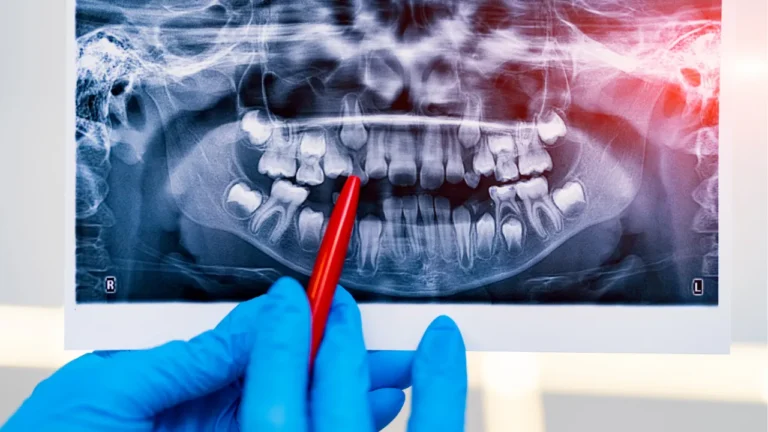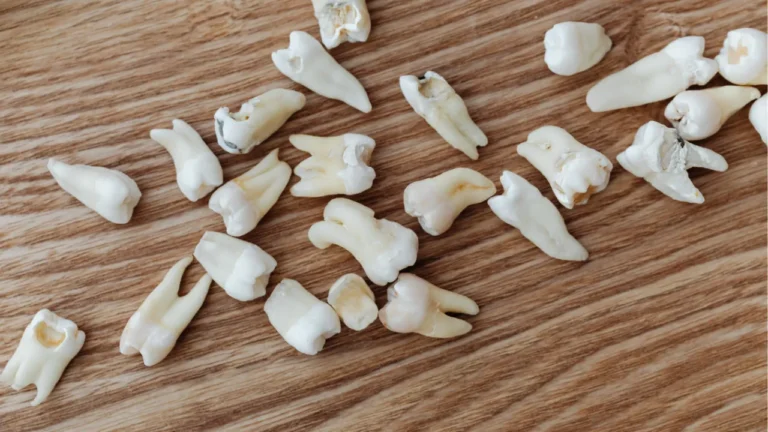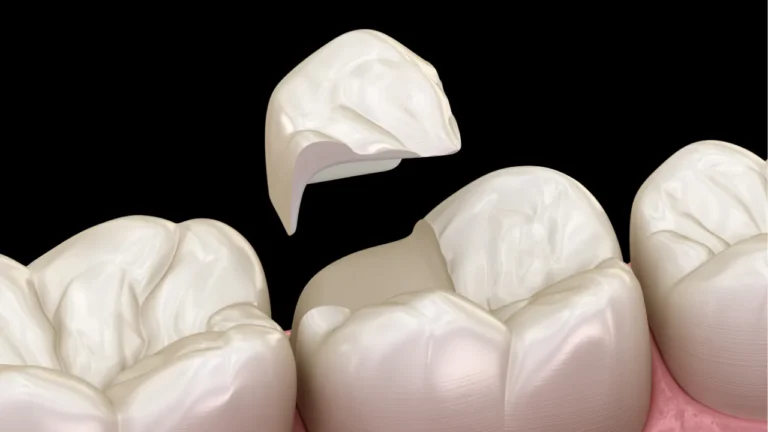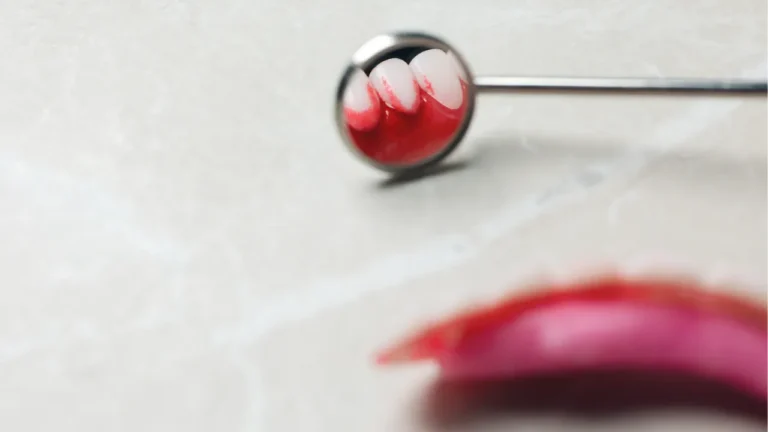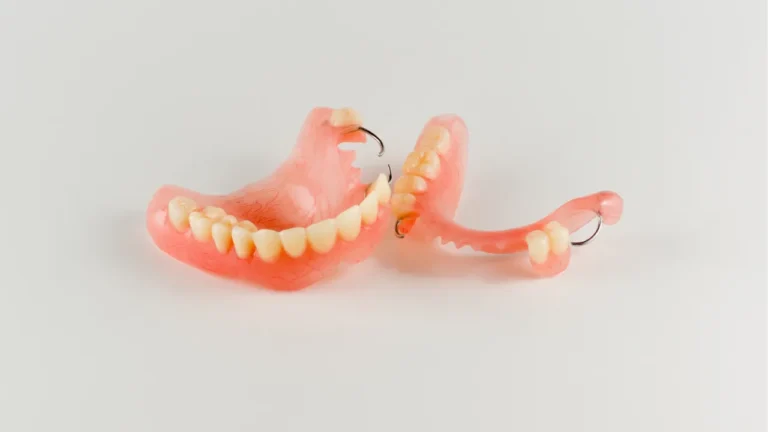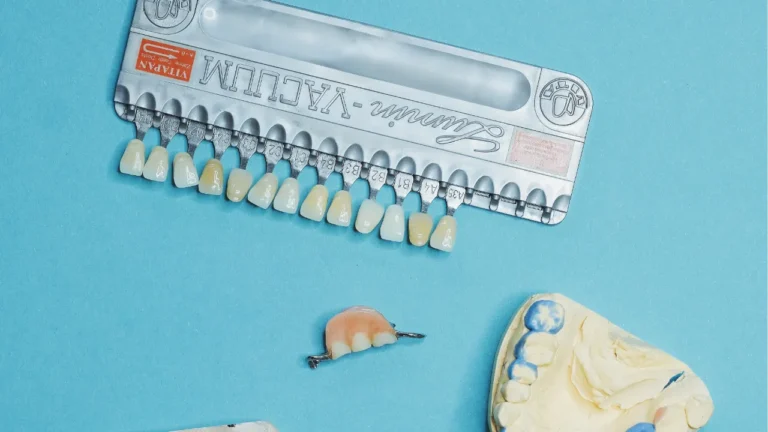To maintain good oral health during pregnancy, brush and floss daily, eat a balanced diet, and continue regular dental check-ups — all while watching for signs of pregnancy-related gum issues.
Hormonal changes can increase your risk of gum disease, tooth sensitivity, and even cavities.
Taking care of your oral health supports not only your well-being but also your baby’s overall development.
Short Summary
- Pregnancy hormones can increase risks of gum disease, tooth sensitivity, and cavities.
- Poor oral health in pregnancy is linked to serious complications such as premature birth and low birth weight.
- Common pregnancy-related oral issues include pregnancy gingivitis, tooth decay, and gum overgrowths.
- Maintaining good oral hygiene, eating well, rinsing after morning sickness, and regular dental visits are key.
- Early dental intervention helps protect both mother and baby’s health.
Why Oral Health Matters During Pregnancy
Your oral health doesn’t just affect you — it can impact your baby too. Studies have shown that poor dental health in pregnancy has been linked to:
- Premature birth
- Low birth weight
- Preeclampsia
- Higher risk of early childhood cavities
Maintaining a clean and healthy mouth helps reduce inflammation and bacteria that may enter the bloodstream, protecting both mother and child.
Common Oral Health Issues in Pregnancy
During pregnancy, you may be more prone to the following conditions:
1. Pregnancy Gingivitis
Hormonal changes can make your gums more sensitive, red, swollen, and prone to bleeding. This is called pregnancy gingivitis and usually occurs during the second trimester.
2. Tooth Decay
Increased acidity in the mouth, changes in eating habits, and morning sickness can all contribute to tooth erosion and cavities.
3. Pregnancy Tumours (Pyogenic Granulomas)
Some women may develop non-cancerous overgrowths on the gums — they’re not dangerous, but they can be uncomfortable and may require professional care.
Oral Care Tips for Expecting Mothers
Here are simple, effective ways to keep your mouth healthy throughout your pregnancy:
1. Stick to a Strong Oral Hygiene Routine
- Brush twice a day with a fluoride toothpaste
- Floss once a day to remove plaque between teeth
- Use an antimicrobial mouthwash if recommended by your dentist
2. Watch What You Eat
Cravings are normal, but try to limit sugary snacks and drinks. Opt for calcium-rich foods like dairy, leafy greens, and almonds to support both your teeth and your baby’s bone development.
3. Rinse After Morning Sickness
If you’re experiencing frequent vomiting, don’t brush immediately — rinse with water or a mixture of water and baking soda first to neutralize acid and protect your enamel.
4. Keep Up with Dental Visits
Let your dentist know you’re pregnant. Routine cleanings are not only safe but also highly recommended.
If any dental work is needed, your dentist will ensure it’s appropriate and safe for your stage of pregnancy.
5. Stay Hydrated
Drinking enough water helps wash away food particles and supports saliva production, which naturally protects your teeth.
When to See a Dentist
If you notice any of the following, book an appointment at Every Smile Dentistry as soon as possible:
- Bleeding or swollen gums
- Bad breath that won’t go away
- Loose teeth
- Pain or sensitivity
- Visible tooth decay or infection
Early intervention is key to preventing complications during pregnancy.
Supporting You Through Every Smile
At Every Smile Dentistry, we understand the unique dental needs of pregnant patients.
Our team provides gentle, personalised care to ensure both you and your baby stay healthy and smiling throughout your journey.


